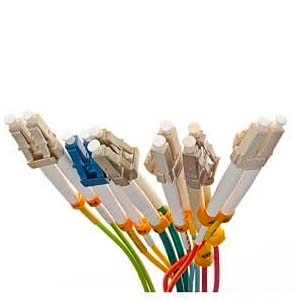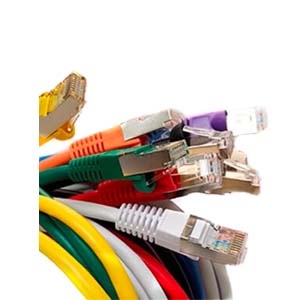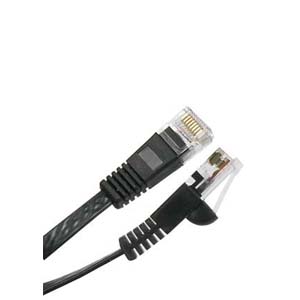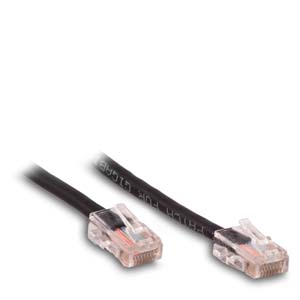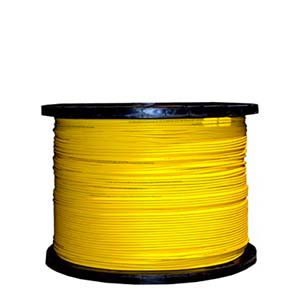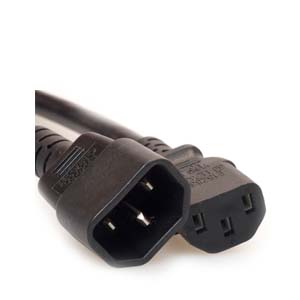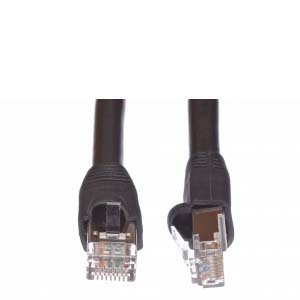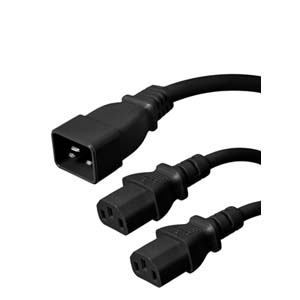Cables Blog
Wireless vs. Wired Networks for Business
Most people expect access to wireless networks—in homes, airports, and cafés. Businesses should consider the pros and cons of wired vs. wireless networks.
by VIKAS DAYAL • February 25, 2020
Network Patch Cables, Data Center, Cat5e / Cat6 Cables, Cables.com, Network Patch Cords, Reseller

Open workspaces work best with wireless networks. While conference rooms may still have Ethernet ports in the center of the table, most people arriving at your meeting will be carrying laptops or tablets with wireless networking adapters. They’ll be asking for passwords and hopping on to your network to access documents stored in the cloud, check email, and project their PowerPoints. They may even want to print a handout on your networked printer.
While having a wireless network in your business reduces the number of visible cables snaking around offices and conference rooms, it could create security problems. There are several considerations when deciding on wireless vs. wired networks for your business. There are several high quality network cables and accessories to consider as well. Unless you have strict rules that the only mobile devices allowed to connect are those configured and owned by your company, your network is vulnerable to every virus and bit of malware a careless employee or guest can carry in on their personal phone. If your business handles highly confidential information, you might want to segregate that information on a separate, wired network and restrict access.
Wireless connections are also susceptible to reliability issues. Though wired networks can experience “cross-talk” and electromagnetic interference, wireless networks compete for space on radio frequency channels. Wired networks are faster and more reliable. They can reach anywhere a cable can reach, whereas wireless networks may not cover your business’s entire building because of its shape or construction. Wired networks use a lot of cabling and devices, so they are more expensive. Structured cabling can reduce the headaches of rearranging and reconfiguring office space, but anyone who wants to get on the wired network will still have to find a port to plug into.
The truth is, wireless vs. wired networks isn’t a pure choice. There’s no such thing as a completely “wireless” network. All networks use cables to connect their building to their ISP and through their modems or optical network terminals, and then to routers or servers and access points or devices. Depending on your business’s size and security needs, you may find that a hybrid wired/wireless system works best for you. A wireless network may work for employees and guests to connect their mobiles devices, including laptops and tablets, to access their own data stored in the cloud, while a wired network accessible only through secured company devices may work for confidential information or applications that require high speed, bandwidth, and reliability. Whether you are cabling an entire data center or just connecting a few devices, you can order the cables and cable management you need at Cables.com, with convenient shipping options.


